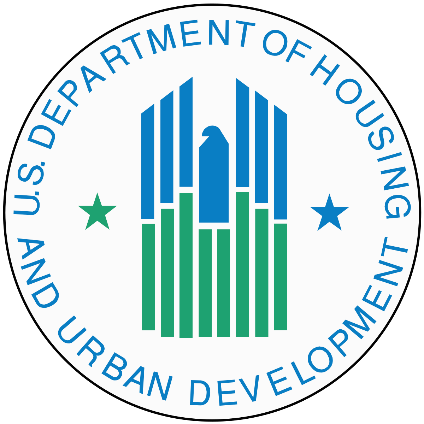Housing, Economic Development, and Transportation

The Housing, Economic Development and Transportation Research Center (HEDTRC) conducts rigorous research and performs technical assistance work designed to inform both policymakers and practitioners in the planning and development fields. Clients include local, state, and federal government agencies and organizations in the private and non-profit sectors.
For the U.S. Department of Housing and Urban Development (HUD), HEDTRC staff conducted research to identify appropriate baseline information and an associated analytic structure for future evaluations of HUD’s restructured 602 Nonprofit Disposition Program. For HUD’s Partnership for Advancing Technology in Housing, Optimal used both telephone- and web-based survey instruments to conduct a nationally representative study of consumer perceptions regarding factory- and site-built housing and associated technologies. And, as the Technical Assistance and Program Support Contractor, Optimal provided HUD with a variety of services to assist in the execution of the Moving to Work Demonstration Program.
Subject Matter Expertise:
- Economic development methods and programs
- Community development initiatives
- Growth management and innovative development strategies
- Public and subsidized housing programs and operations
- Transportation policy and initiatives
- Energy law, procedures, and programs
- Federal-state-local housing policy and program coordination
Technical Expertise:
- Program evaluation
- Database design
- Statistical analyses using SAS, STATA, and SPSS
- GIS analyses
- Custom econometric modeling
- Impact analyses
- Survey design and administration
- Focus groups
- Semi-structured and structured interviews
Sample Past Performances:
HUD Publishes Optimal Report on Factory-Built Housing Construction

The U.S. Department of Housing and Urban Development’s (HUD) Partnership for Advancing Technology in Housing (PATH), as part of its mission to promote affordable housing options, funded a study conducted by Optimal Solutions Group (Optimal) to collect information about consumers’ perceptions of four housing types: site-built, modular, manufactured, and panelized. Factory-built housing technologies (i.e. modular, manufactured, and panelized) increasingly allow homebuilders to provide consumers with homes that are less expensive than site-built housing without sacrificing a home’s quality or aesthetic appeal. Yet, such homes represent only 21 percent of housing starts in the United States.

The poverty reduction by increasing the competitiveness of enterprises (PRICE) project was implemented between 2008 and 2013 and follows several other USAID enterprise development projects. The main objective of this program was to reduce poverty sustainably by increasing enterprise competitiveness across three main sectors in Bangladesh: horticulture, aquaculture, and leather. Specific PRICE objectives across the three sectors included improving pro-poor economic opportunities, workforce skills, social compliance practices, governance practices related to economic growth and poverty reduction, small and medium enterprise (SME) development, growth of the non-textile private sector, and the capacity and use of knowledge management systems.

Optimal Solutions Group, LLC (Optimal) provides support to the Housing Opportunities Commission of Montgomery County (HOCMC), Maryland with the rigorous performance measures and data quality assurance of the Healthy Marriage/Responsible Fatherhood program funded by the U.S. Department of Health and Human Services (HHS). Through intensive case management, counseling and mentoring, educational workshops and vocational training, the HOCMC Fatherhood Initiative reinforces parenting skills and advance child well-being, while simultaneously empowering fathers and mothers to improve their economic self-sufficiency and successfully address related issues and limitations that may affect father child and/or family relationships. This program is made possible by a multi-year grant from the U.S. Department of Health and Human Services Administration for Children and Families Office of Family Assistance New Pathways for Fathers and Families-Healthy Marriage/Responsible Fatherhood program. Optimal works closely with HOCMC to provide continuous quality improvement to meet the stated goals of the Fatherhood program.
